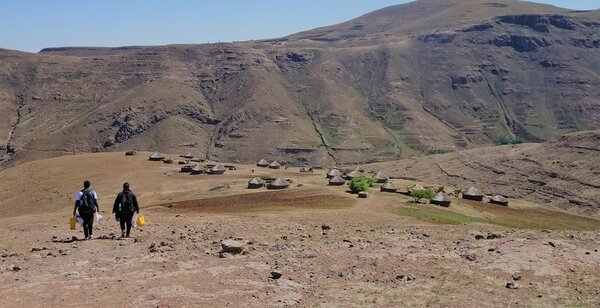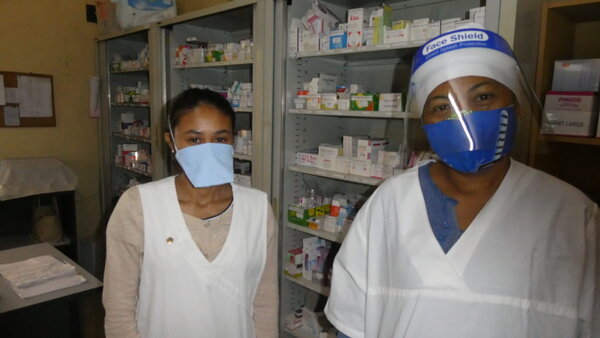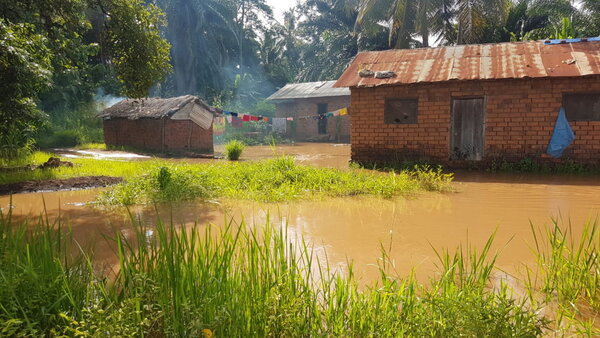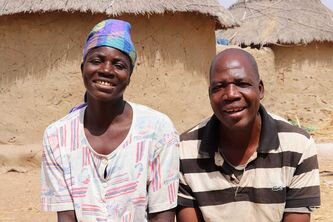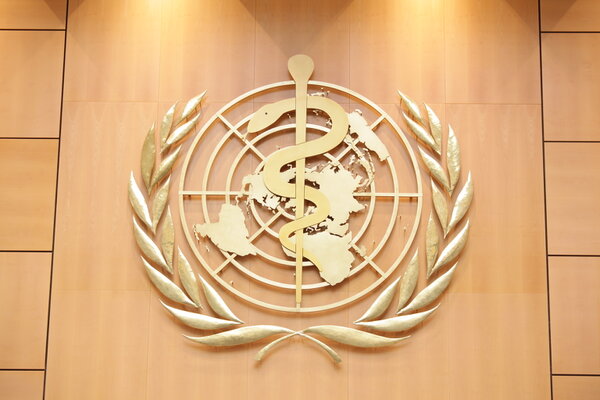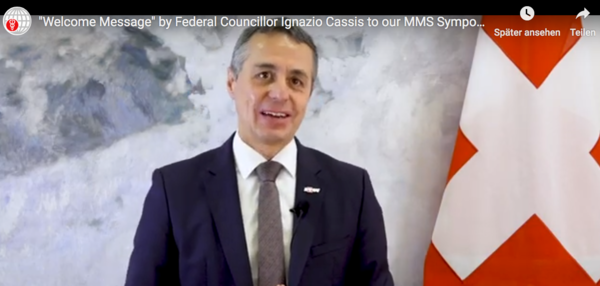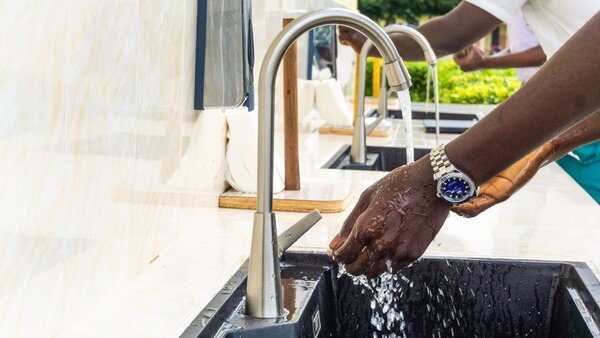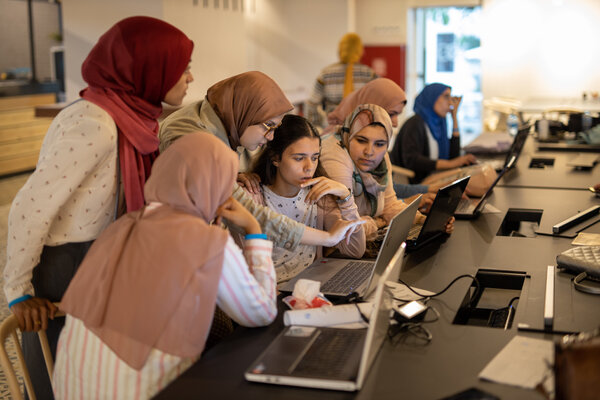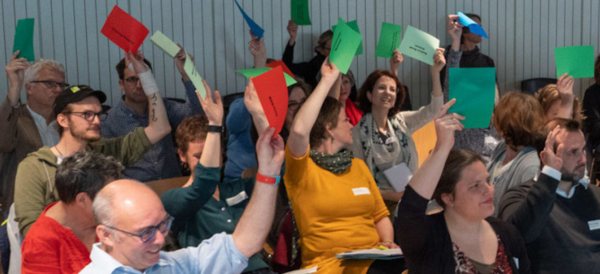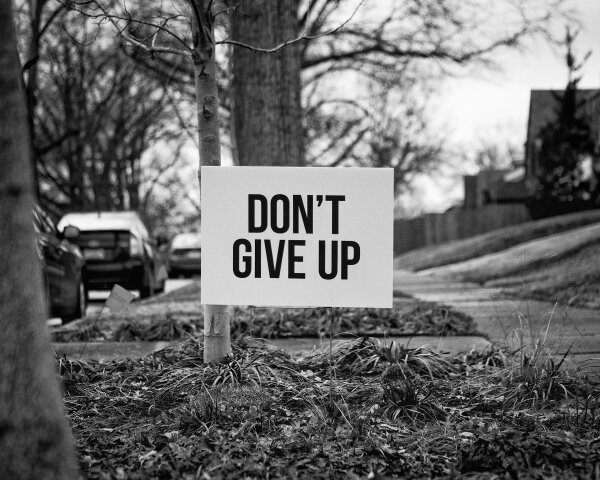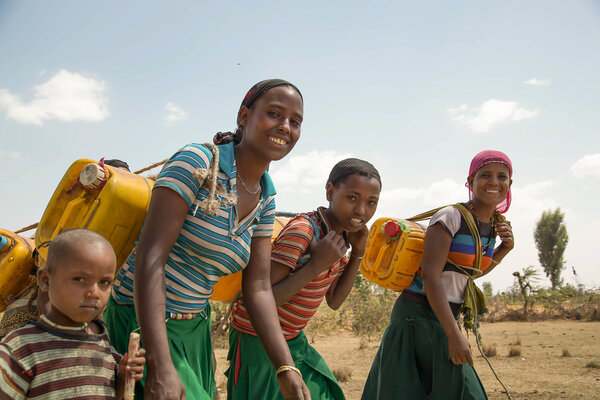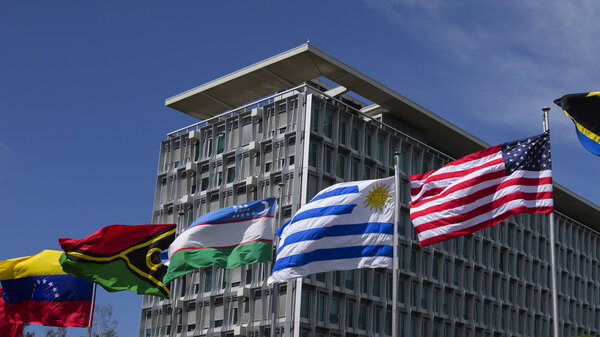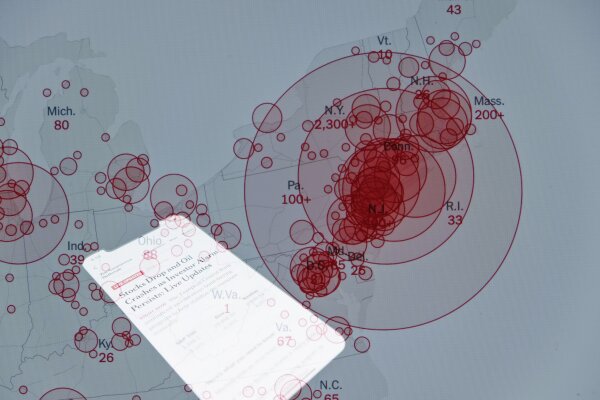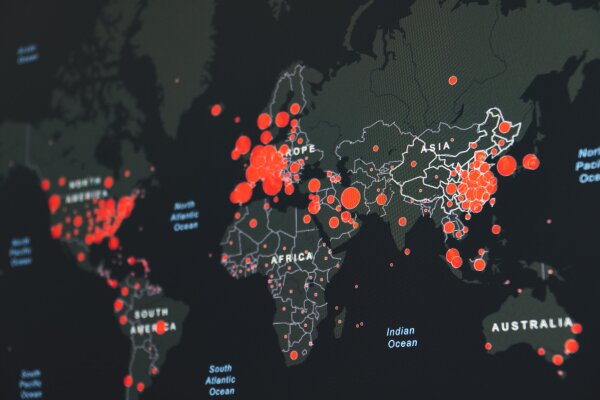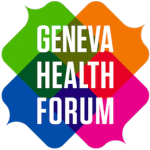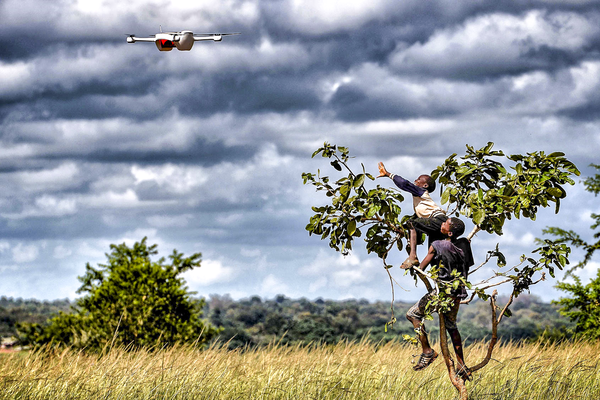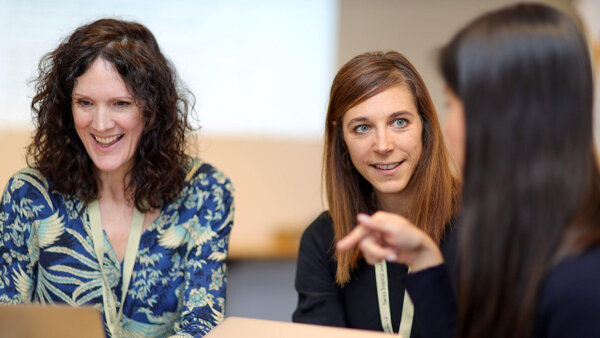L’engagement en faveur du droit à la santé pour tous dans le monde signifie qu’ici, en Suisse, nous informons les décisionnaires sur la situation dans les pays à faible et moyen revenu , sur ce qui est nécessaire pour réaliser des progrès en faveur des populations défavorisées et sur la responsabilité qui incombe à la Suisse à rendre le monde plus juste et donc durable. Nous ne le faisons pas seuls, mais toujours en collaboration avec de nombreux acteurs qui souhaitent que la coopération internationale de la Suisse reste forte et efficace.
Défendre les populations défavorisées implique aussi de s’engager pour qu’elles aient accès à leurs droits fondamentaux. Dans les pays du Sud, nos partenaires locaux de la société civile s’en chargent. Chez nous, l’initiative pour des multinationales responsables vise à élargir le cadre juridique de manière à ce que les grandes entreprises suisses et les organisations non gouvernementales soient également responsables.
Montrer les personnes comme des acteurs, non comme des victimes
En tant que partisan de l’initiative, cependant, je suis quelque peu irrité par les images utilisées pour la campagne. Celles-ci nous présentent des enfants en pleurs et meurtris avec l’intention évidente de nous toucher droit au cœur. Même si je peux comprendre ce choix d’un point de vue stratégique, je pense que c’est une erreur. Dans notre travail, nous nous battons pour que les populations du monde entier bénéficient de l’espace social nécessaire pour faire valoir leurs droits et leurs besoins. En ce sens, ils ne doivent pas être considérés comme des victimes, mais plutôt comme des acteurs politiques, sociaux ou économiques et doivent également être présentés comme tels.
L’innovation vient d’en bas
Le travail de campagne et de communication des organisations non gouvernementales doit cesser de cimenter les images stéréotypées de personnes pauvres et privées de leurs droits dans les pays du Sud. Elles ravivent et reproduisent en permanence l’imaginaire colonial profondément ancré en nous. Dans le manifeste La « santé pour tous » dès la prochaine génération ! développé par nos membres, il est clairement indiqué qu’un tel travail de communication sape en fin de compte le soutien à la position fondamentalement solidaire de la population suisse. Et nous indiquons également le moyen d’en sortir. Au lieu des éternelles images stéréotypées, « nous voulons véhiculer des solutions inspirantes qui viennent justement très souvent de nos organisations partenaires et des populations locales ».
Martin Leschhorn Strebel
Réseau Medicus Mundi Suisse
E-Mail


